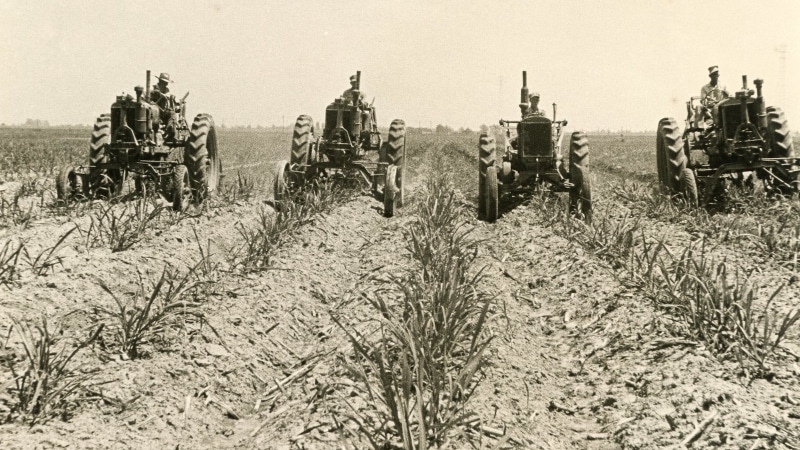How Louisiana Has Sweetened America for Two Centuries
Louisiana farmers are growing sugarcane on some of the same soil their ancestors did more than two centuries ago.
The key to the resilience and success of Louisiana’s 450 cane farming families and 11 raw sugar mills is simple:
“We take care of what Mother Nature has provided,” said Jim Simon, General Manager for the American Sugar Cane League.
For over 100 years, the League strengthened Louisiana’s sugarcane industry through investments in research, student fellowships, and advocacy for the sugar policy that keeps its legacy of family farming alive. Louisiana’s sugarcane farmers and workers support 19,600 jobs and drive $4.23 billion back to the state’s economy.
“We’re very proud of what we do here in Louisiana; the average cane farmer here produces enough sugar to take care of about 125,000 Americans. It’s a quite impressive, important part of our culture, our history, our economy,” Jim said.
“I want my children, if they choose to farm, to have the same opportunities that I had, if not maybe more,” said 6th generation farmer Catherine Floyd.
Her family grows sugarcane on some of the same land in South-Central Louisiana that her ancestors farmed more than 100 years ago. She credits their success in part to their commitment to sustainability.
That commitment is shared by every sugarcane operation in Louisiana. The League actively partners with researchers at the U.S. Department of Agriculture and Louisiana State University (LSU) to find ways to minimize inputs and protect soil health.
“Things that we are doing now for the sustained success of our industry are in turn achieving sustained success of the land that we live on, the continual production of food that we can provide,” said sugarcane farmer and scientist, Brayden Blanchard.
Brayden is studying plant breeding as he works towards his PhD in agronomy at LSU. His work focuses on adjusting current research procedures to develop more cold-tolerant, disease-resistant, and higher-yielding sugarcane varieties so that growers have the tools they need to face a changing climate.
“It’s all data-driven, it’s all science-driven,” Brayden said. “[It’s] geared towards making more with less and providing a more sustainable and productive industry for our growers, and really across the country.”
The American Sugar Cane League’s 100-year history is a testament to the resiliency and strength of our sugar producers, but also the investments that the Louisiana sugarcane industry has made in sustainable research and technology. We can’t wait to see what the next 100 years looks like.





